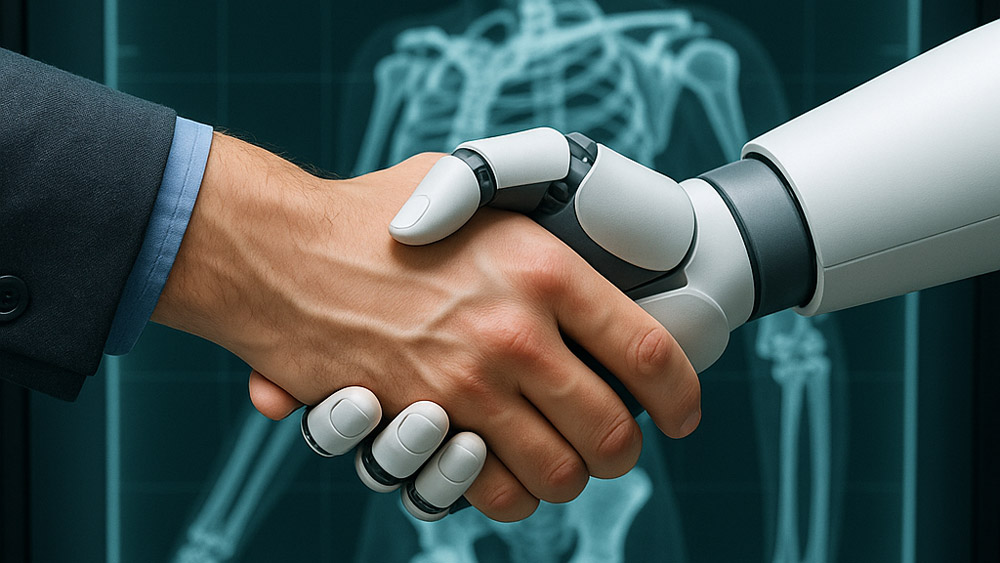The Guardian reports that Microsoft has revealed details of a breakthrough AI system that outperforms doctors in diagnosing complex medical cases-paving what it calls the path toward “medical superintelligence.”
The AI unit, led by British tech pioneer Mustafa Suleyman, has developed a system that simulates a panel of expert physicians tackling diagnostically challenging cases. When combined with OpenAI’s advanced o3 model, the system correctly resolved more than eight out of 10 cases selected for their complexity, compared to just two out of 10 by doctors working alone without access to colleagues, textbooks, or AI assistants.
Microsoft emphasized potential cost savings through greater efficiency in ordering tests, though it downplayed concerns about job displacement. “The clinical role of physicians extends far beyond making a diagnosis,” the company said. “They handle uncertainty and build trust with patients and families in ways AI is not designed to replicate.”
Suleyman projected that such AI systems will approach near-perfection within 5 to 10 years, dramatically easing burdens on global healthcare systems. The AI model approaches diagnosis step-by-step, mimicking clinicians by ordering specific tests and asking targeted questions before arriving at a conclusion. For example, in a case involving cough and fever, it might recommend bloodwork and a chest X-ray before diagnosing pneumonia.
The system was tested on over 300 interactive case challenges derived from studies in the New England Journal of Medicine (NEJM). The diagnostic AI combines existing models from OpenAI, Meta, Anthropic, Musk’s Grok, and Google’s Gemini. A “diagnostic orchestrator” coordinates decisions, mimicking a team of specialists and offering breadth and depth beyond any single physician.
Microsoft acknowledged that while promising, the system is not ready for clinical deployment. Further trials are needed to assess performance on common symptoms and broader use cases. The company noted: “Scaling this level of reasoning has the potential to transform healthcare—empowering patients to manage routine care themselves and providing clinicians with advanced support for complex decisions.”
For more, visit Microsoft Blog or The Guardian.
Microsoft’s new AI system tackles complex diagnoses, outperforming human doctors on challenging cases. A step closer to medical superintelligence? pic.twitter.com/AIhealth2025
— The Guardian (@guardian) June 17, 2025

